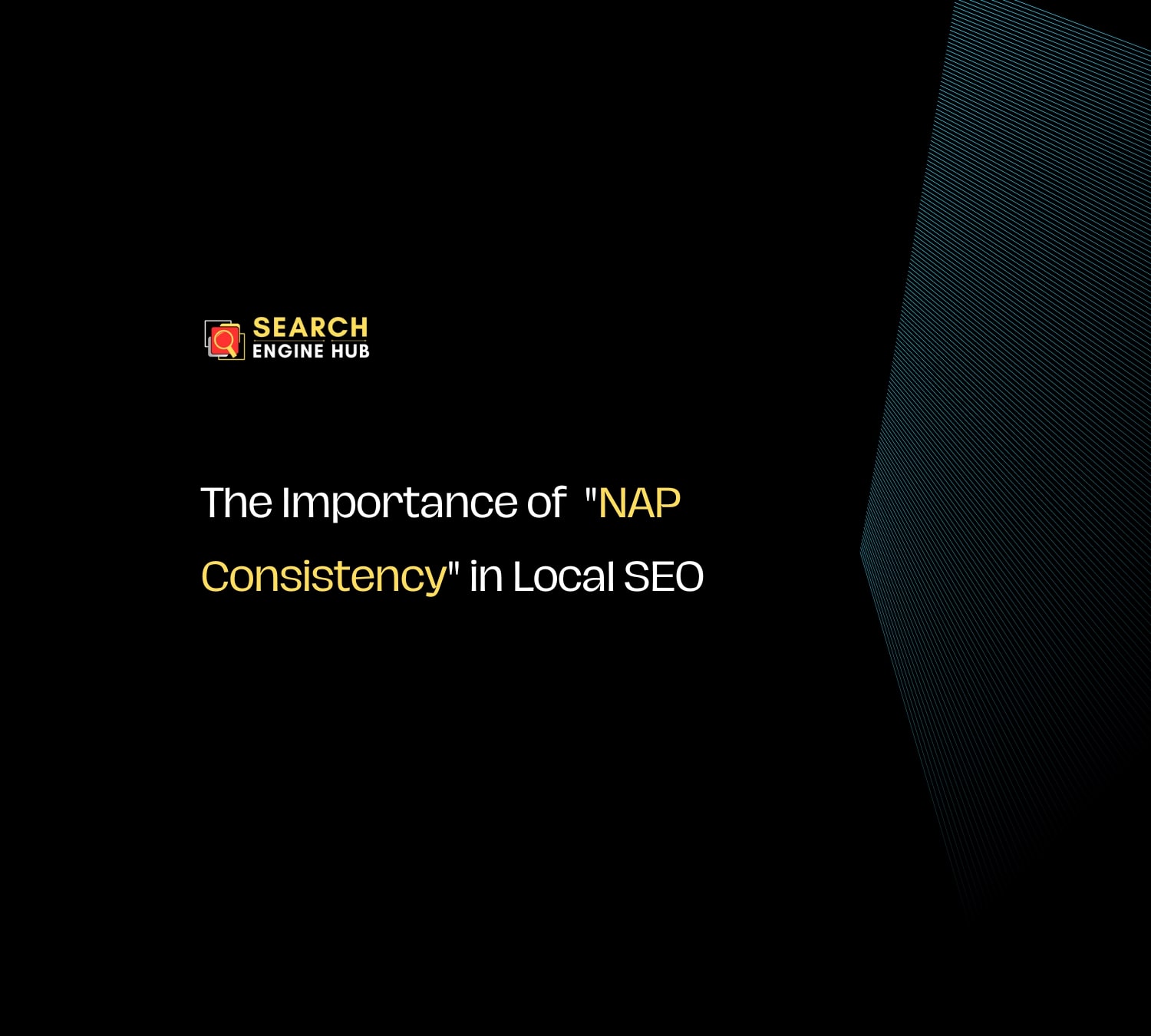Search Engine Marketing is a digital strategy that uses paid ads to increase a website’s visibility on search engines. SEM drives traffic to websites by displaying targeted ads to users who search for specific keywords related to your business.
It’s an effective way to achieve quick exposure, especially when immediate results are needed, such as during product launches or promotional events.
SEM consists of two main components: Pay-Per-Click (PPC) advertising and search engine advertising. PPC is where advertisers pay each time a user clicks their ad, while search engine advertising includes other ad formats, such as display ads, that appear on search engine results pages.
Pay-Per-Click (PPC) Advertising
PPC is a model where businesses pay each time a user clicks on their ad. These ads appear in prominent positions, like above or below organic search results on search engines. Advertisers bid on keywords that are relevant to their products or services.
The cost of each click depends on the competition for the keyword and the budget set by the advertiser.
Example of PPC in Action
Let’s say you run an online store specializing in eco-friendly pet products. By targeting specific terms like “organic dog treats” or “sustainable cat toys,” your ads will be displayed to users who are actively searching for those types of items.
This allows your brand to reach a more niche and engaged audience, increasing the likelihood of converting interested shoppers into customers.
Search Engine Advertising
Search engine advertising is broader than PPC and includes different types of ads, such as text-based or display ads. These ads can appear in various positions on search engine results pages (SERPs), including above, below, or beside the organic search results. The goal is to place ads where they are most likely to be seen by the target audience.
Targeted Ads Example
If you run a travel agency specializing in luxury vacations, you could create ads that show beautiful travel destinations. By targeting users interested in luxury travel, your ads will appear when these users search for related terms, increasing the chances of attracting the right visitors.
How to Use SEM Effectively
Search Engine Marketing can provide excellent results when approached with the right strategy. To get the most out of your campaigns, follow these essential steps to ensure success:
1. Keyword Research
Start by identifying the right keywords. Keyword research is the foundation of a successful SEM strategy. Tools like Google Keyword Planner or SEMrush can help you find keywords that are relevant to your business. Look for terms with high search volume but low competition to make sure you get visibility without overspending.
2. Writing Ads that Work
Creating effective ad copy is essential. Your ads should be clear, concise, and communicate what you offer. Include a strong call to action (CTA) that encourages users to click on the ad. Your ad copy should match the user’s intent and highlight what makes your product or service stand out.
3. Budgeting and Bid Management
Managing your budget is a key part of SEM. You need to determine how much you’re willing to spend per click and set a daily or monthly budget for your campaigns. Regularly monitor and adjust your bids based on performance to get the most value for your money.
4. Landing Page Optimization
When users click on your ad, they should land on a page that matches the promise of the ad. The landing page should be clear, user-friendly, and provide the information or product the user expects. Well-optimized landing pages improve conversion rates and reduce the chances of users leaving without taking action.
5. A/B Testing
To improve your SEM performance, regularly test different versions of your ads. A/B testing allows you to try out different headlines, descriptions, and calls to action to see what resonates most with your audience. The more you test, the better you’ll understand what works and what doesn’t.
6. Tracking and Measuring Performance
Using tools like Google Analytics, track the performance of your SEM campaigns. Key metrics to watch include clicks, impressions, click-through rates (CTR), and conversions. Analyzing these metrics will help you refine your strategy and make data-driven decisions.
7. Staying Updated
Search engines regularly update their algorithms and advertising platforms. Keep an eye on changes and trends in SEM to ensure your strategies remain effective. Following industry news and updates helps you adapt and maintain a competitive edge.
Advantages of SEM
SEM offers several advantages to businesses that want to grow their online presence quickly. Here are some reasons why SEM is an essential part of digital marketing:
- Immediate Results
- Targeted Advertising
- Measurable Results
- Brand Awareness
Best Practices for SEM
Here are some additional best practices to help you get the most out of your SEM efforts:
1. Monitor Your Competitors
Keep an eye on what your competitors are doing with their SEM campaigns. Analyze their ads, keywords, and landing pages to see what’s working for them. This can give you ideas to improve your own strategy and help you stay competitive.
2. Use Negative Keywords
Negative keywords help prevent your ads from showing up in irrelevant searches. For example, if you sell luxury travel packages, you might want to exclude searches like “cheap travel deals” to avoid wasting clicks on users who are not interested in your services.
3. Focus on Mobile Optimization
With more users searching from mobile devices, ensure your ads and landing pages are optimized for mobile. Mobile-friendly designs improve user experience and increase the chances of converting mobile users into customers.
Conclusion
Search Engine Marketing is a vital tool for businesses that want to increase their visibility and attract more customers through paid search. It allows you to target specific audiences, generate immediate traffic, and measure the success of your efforts.
At Search Engine Hub, we have extensive experience in helping businesses optimize their paid search campaigns for better results. Whether you’re aiming to drive traffic, boost conversions, or expand your online presence, we can guide you in achieving your goals.
Contact us for expert advice on building an effective strategy tailored to your needs.




